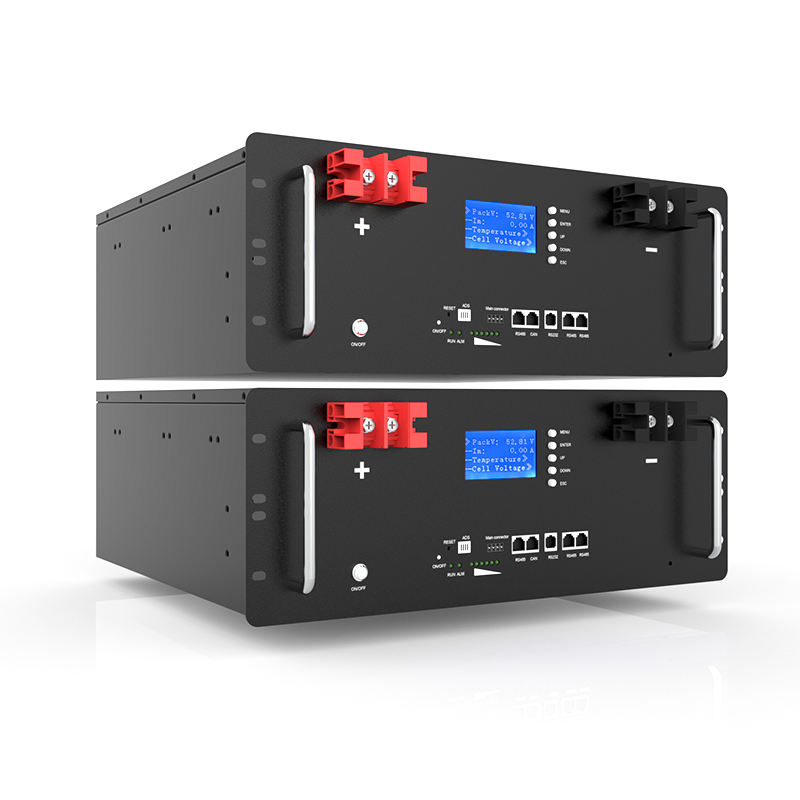Overcharge refers to the behavior that the battery is fully charged after a certain charging process, and then continues to charge. For example, Ni Cd battery, overcharge produces the following reactions: positive electrode: 4OH -- 4e2h2o + O2 negative electrode: 2CD + o22cdo because in the design, the negative capacity is higher than the positive capacity. Therefore, the oxygen produced by the positive electrode is combined with the cadmium produced by the negative electrode through the diaphragm paper. Therefore, in general, overcharge of batteries should be avoided. China battery network suggests that lithium batteries should be equipped with protection plates, which should have overcharge and over discharge functions.
Related Industry Knowledge
- Lishen LR2170SZ 5.0AH Cell Spec
- Lishen LR2170SD 5AH Cell Spec
- EVE INR21700-40PL 17.5C 70A Discharge Cell Spec
- DMEGC INR18650-30P Cell Spec
- Lishen LR1865SS 3.0AH Cell Spec
- DMEGC 18650 29E Cell Spec
- Lishen 21700SD 5000mAh 2C Cell Spec
- EVPS ITR26700-50E(R6) Product Spec
- CBAK 26700FB4 5AH 2C Cell Spec
- HX 32700 6.7AH Cell Spec







